Have you been bitten by a cat? Or has your cat bitten someone else?
What should you do if your cat bites?
There was no warning. A moment ago you were cuddling and then suddenly – a bite!
A fleeting moment, but it was painful.
Physically as well as psychologically.
Why does my cat bite me?
Did I do something wrong?
I don’t want that to happen again.
What’s behind a cat bite and how should you react?
Why do cats bite?
Cats can bite for very different reasons.
It’s not necessarily aggressive behaviour or hunting instinct. A cat that bites is not systematically a bad cat. But a cat with good reasons….
When your cat eats, cleans itself or sleeps, it would rather have peace and quiet and be on its own.
Getting too close or stroking in the wrong place can also be triggers for a cat bite. Or perhaps your cat is ill, injured and wants to avoid being touched.
No matter the reason, before a cat bites it warns its opponent.
If you don’t notice the warning signs or misinterpret them, you may get to feel your cat’s teeth.
Cat bites when stroked – the love bite
Cats have a reflex to bite in certain situations.
For example, in the heat of the moment, when playing or scuffling, but also sometimes during a peaceful orgy of cuddling.
Bites are not always the same, but are always adapted to the purpose.
If you are cuddling with your cat and she feels all loved up, you may be nibbled very gently. This is not a firm, hurtful bite, but a so-called “love bite“: Your cat wants to show you that she likes you!
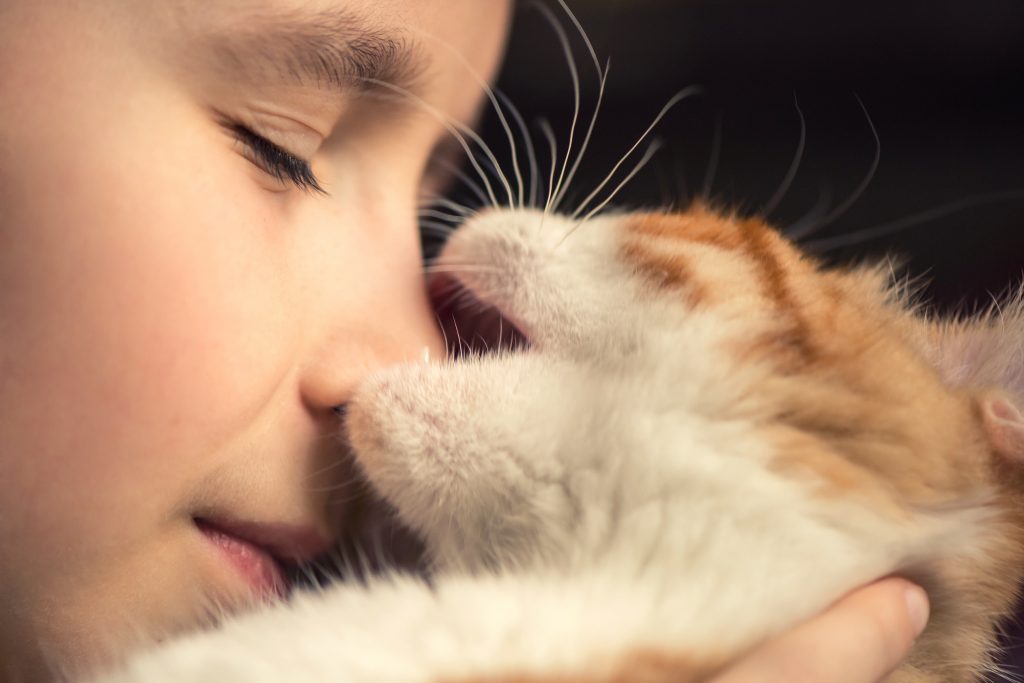
Cat bites to defend itself – recognising signs
Cats also bite to defend themselves.
If things get too much and another cat continues harassing or cornering it despite warnings, he will defend himself and bite.
To prevent this from happening, we need to learn to understand what cats want to tell us and interpret their behaviour correctly. What’s the message behind your cat’s facial expressions, tail or ear position?
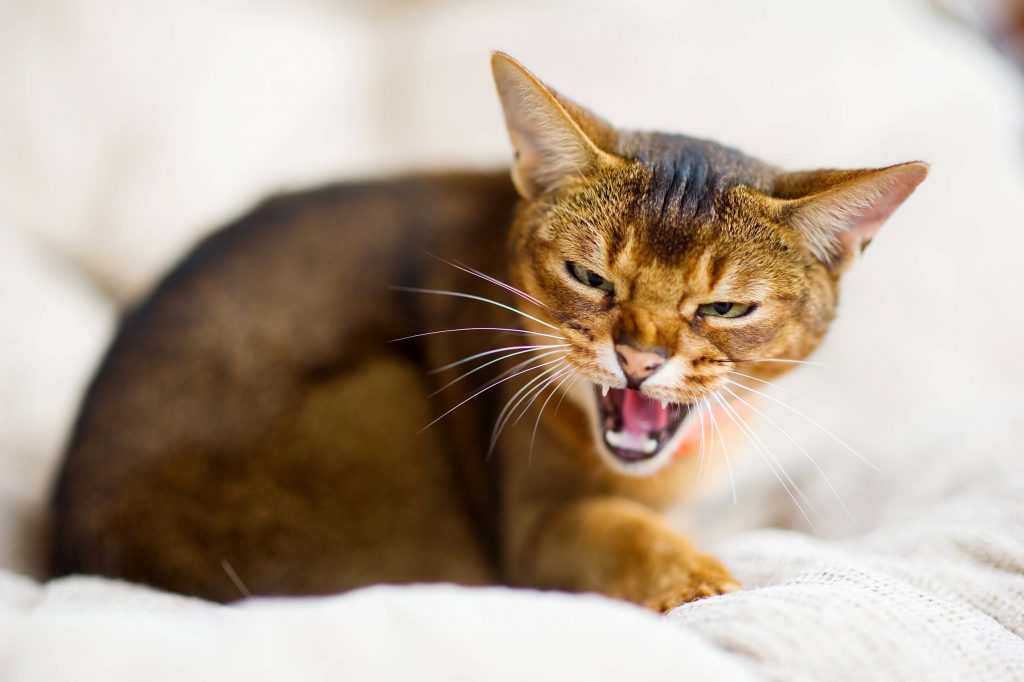
Body language in cats is no coincidence: certain movements, gestures, facial expressions – the body always speaks and what it says is real and not fake.
When the cat bites
If a cat bites, you should not simply dismiss it as nothing!
Surely a small “graze” is no big deal?
Even if the wound doesn’t bleed much at first and doesn’t hurt much, it can easily become infected.
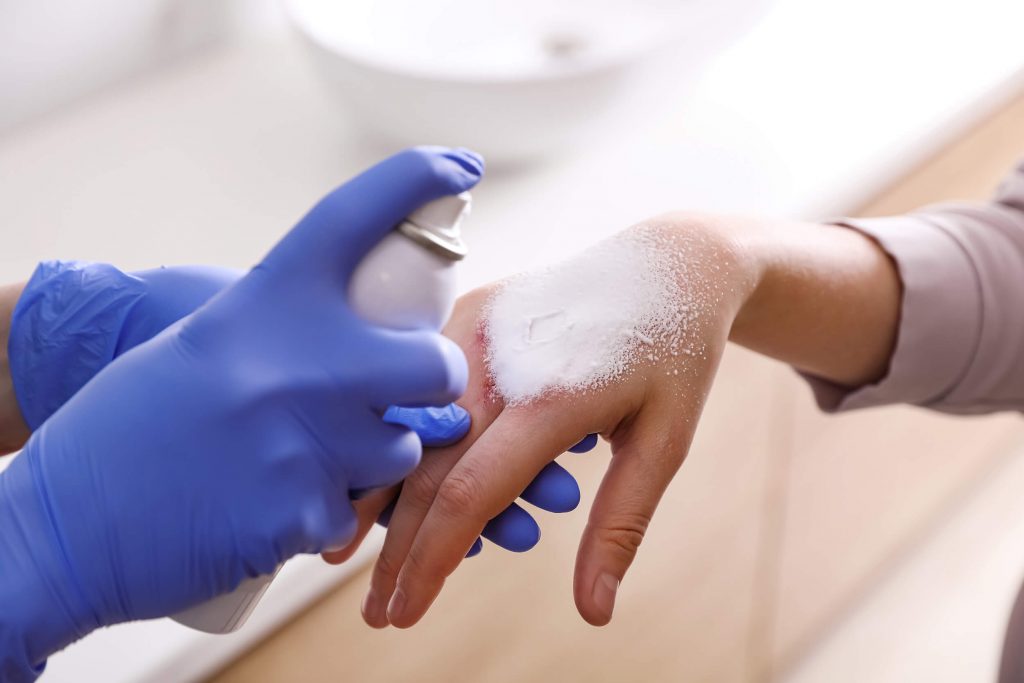
Cat bite – dangerous or harmless?
A cat bite is not as harmless as it first appears.
It can be dangerous! Cat teeth are sharp and pointy like needles.
They easily pierce the skin, going deep into the underlying tissue.
This opens the way for bacteria and germs that are in the mouth in a cat’s saliva to reach your skin.
A bite in the hand area is particularly dangerous because the blood supply to hand tissue is poor. Pathogens have an easy time of it, and can multiply quickly and move on into the body.
Signs of inflammation are
- Swelling
- Reddening
- Warming
- Pain
- Pus or bloody discharge
If you notice any of these signs, go to a doctor you trust!
Cat bite – when to go to the doctor?
If you want to be on the safe side and minimise the risk of infection, it’s always better to consult a doctor if your cat has bitten you. People with a compromised immune system should definitely not hesitate!
An infection that is not diagnosed can have health consequences. In the worst-case scenario, it can become life-threatening. Under certain circumstances, for example, it can lead to blood poisoning!
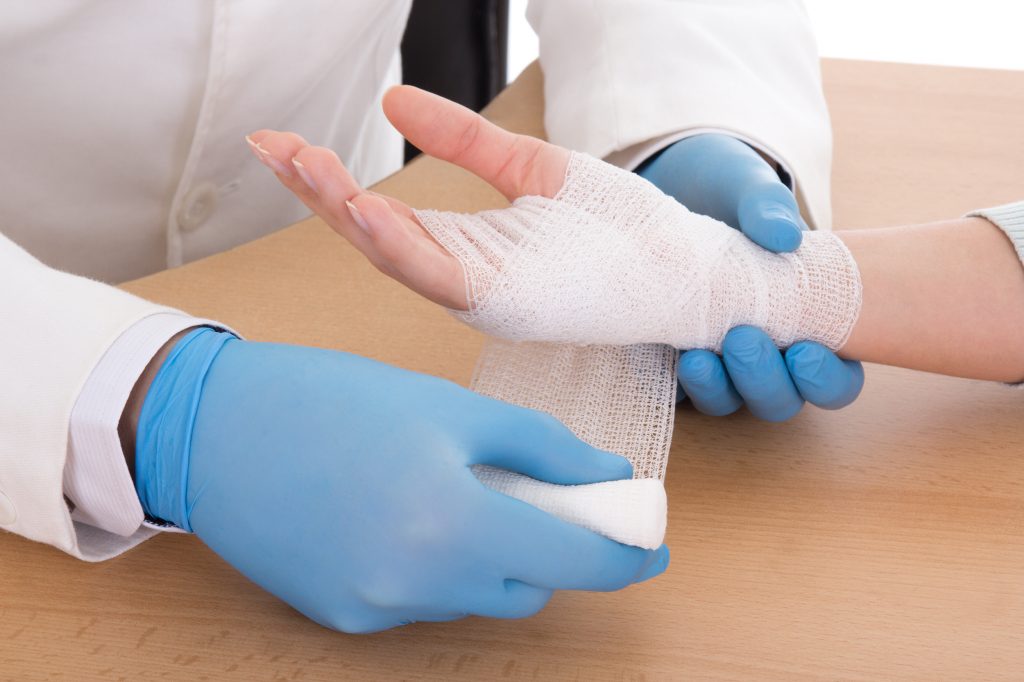
TIP: It is always best to go to the doctor with a cat bite! S/he will treat the wound accordingly and prescribe an antibiotic if necessary.
Healing time for a cat bite
How long it takes for a wound to heal after a cat bite depends on how deep the bite was and whether or not the wound subsequently became infected.
Small bite wounds without inflammation usually heal relatively quickly and don’t leave a scar.
If inflammation or complications occur, healing can take longer.
Wound healing after cat bite
If a cat bite wound is immediately treated by a doctor and inflammation ruled out, the wound will heal relatively quickly. The bite area should be cleaned, disinfected and bandaged regularly. You should also take the opportunity to renew your tetanus vaccination!
Cat bite after effects
After effects of a cat bite mainly affect the parts of the body that were injured in the cat attack. If the cat bite punctured very deep, it can even injure bones, muscles, tendons and joints. Whether these are damaged, and how badly, depends on the cat, the strength of its bite and its body weight. The bite of a full-grown lion usually has fatal consequences. So it’s better to be bitten by a medium-sized domestic cat…

Cat bite in a cat
What if your cat gets bitten?
Among cats there can be trouble. This includes brawls and catfights that cannot be solved peacefully and eventually escalate. When a territory is staked out and the rival does not react appropriately to threats, it leads to a showdown. Powerful blows are exchanged and not with velvety paws. The cats are using their fighting tools – with sharp claws. And when they get hold of their opponent, he is grabbed and bitten.
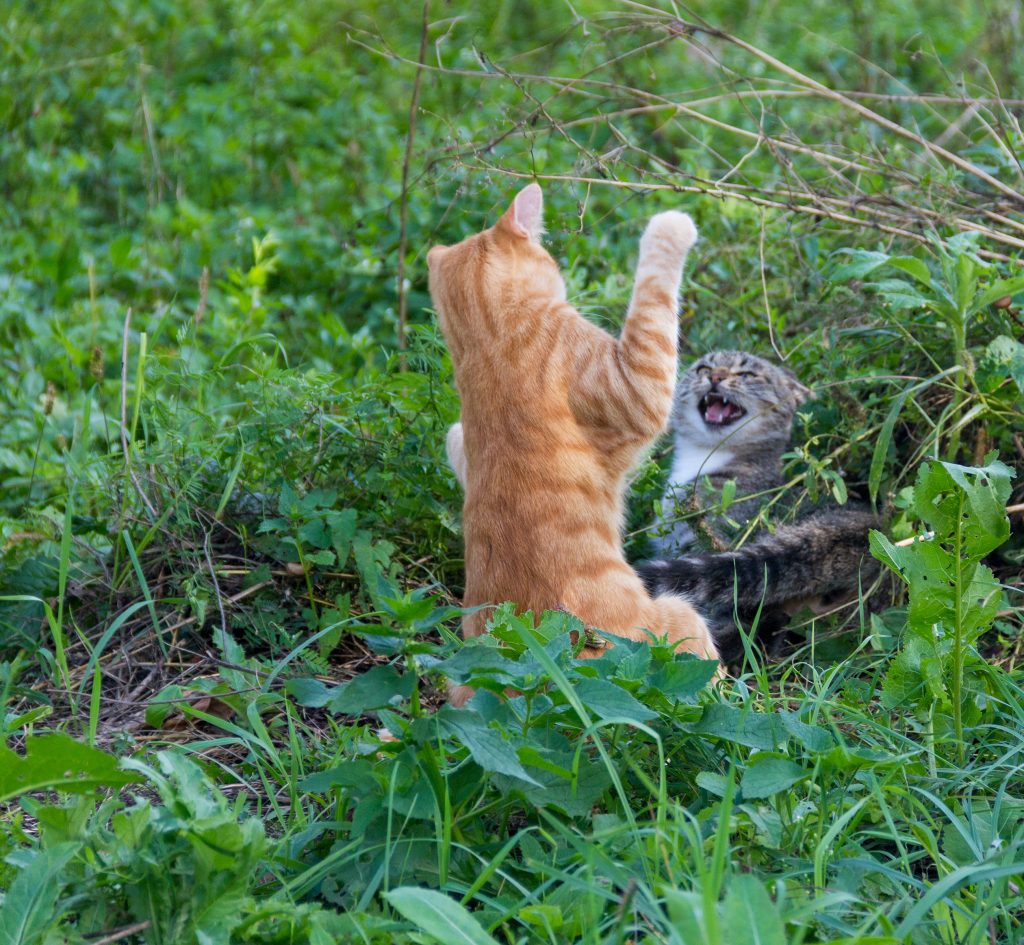
What to do if my cat is bitten by another cat?
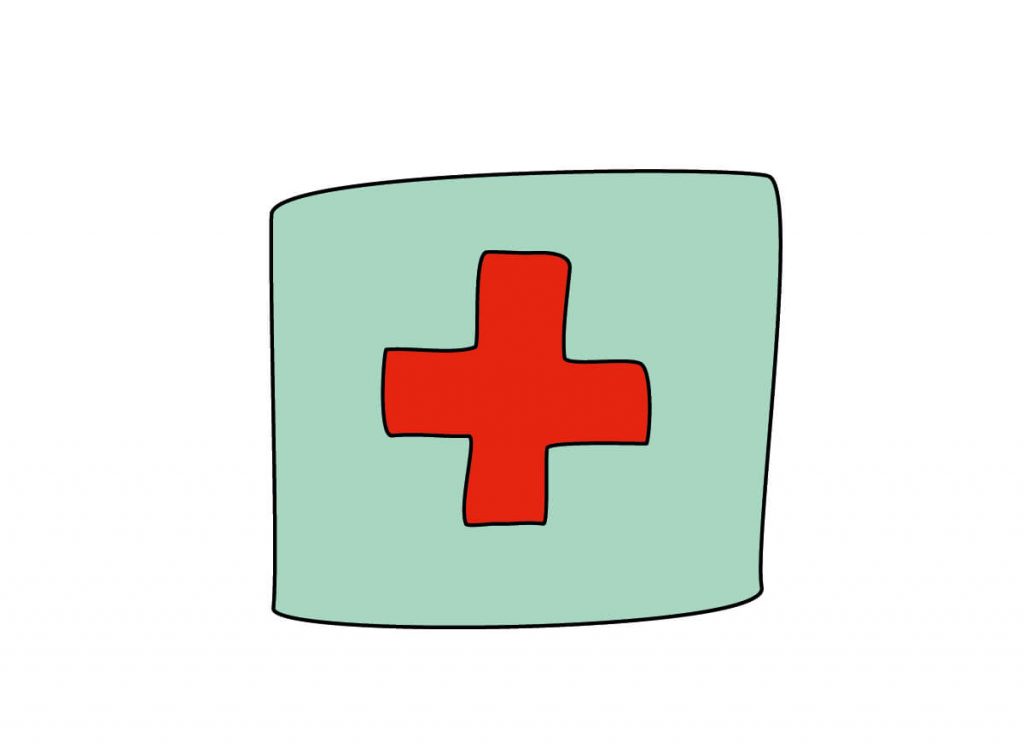
If your cat has been bitten by another cat, you should examine the wound carefully. How deep is the bite?
Is it just a small “graze”?
Clean and disinfect the area.
Carefully dab the wound dry and apply a wound ointment for cats several times a day.
Small wounds do not need to be covered and bandaged. For larger wounds, put some gauze on the cat bite wound and bandage the whole thing with an elastic bandage.
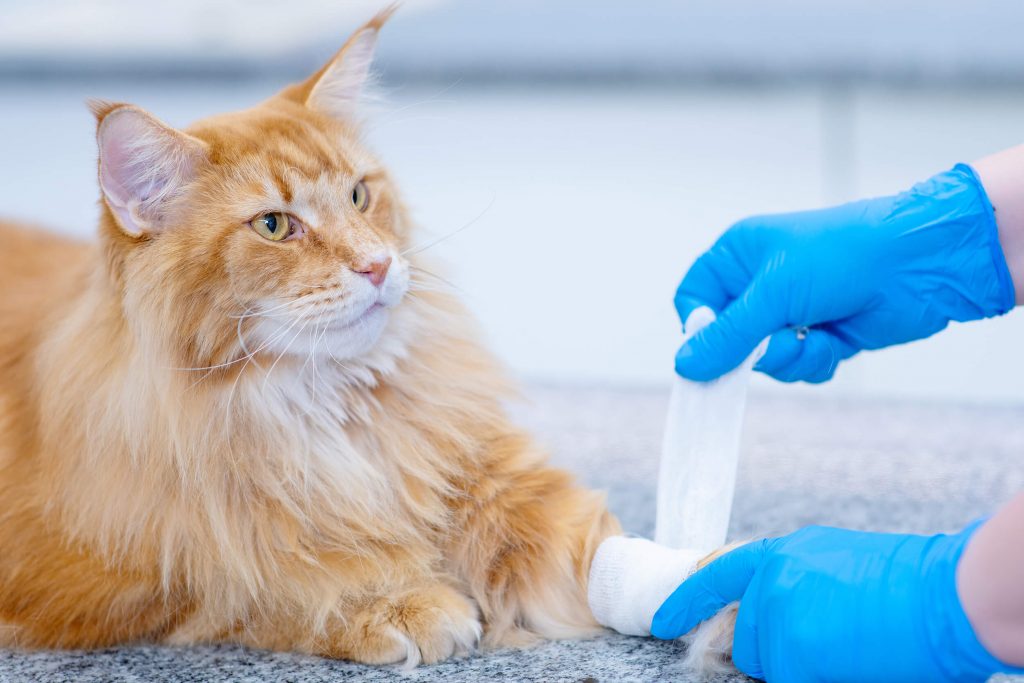
You should always consult a vet for large, deep wounds.
The wound may need to be stitched or there may be a risk of inflammation.
Cat bites herself while cleaning – is this normal?
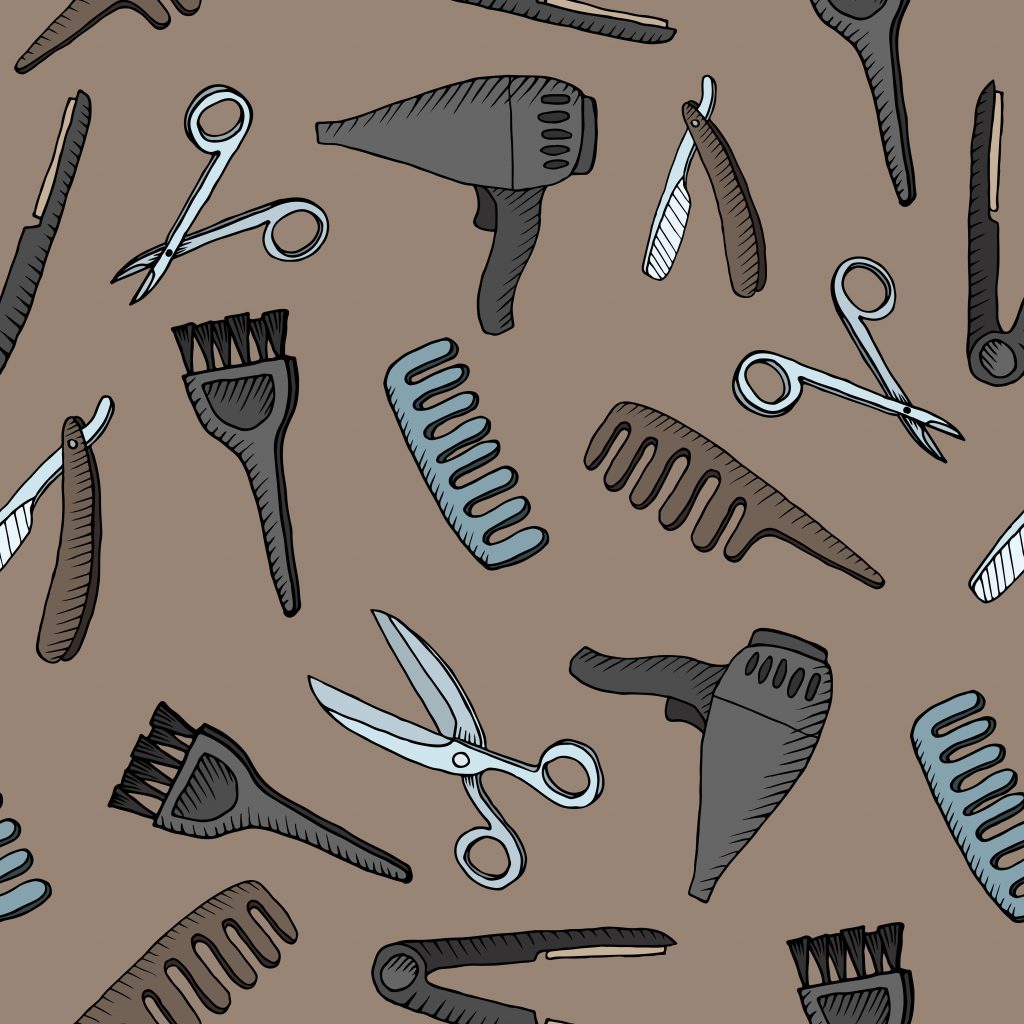
Your cat bites herself when cleaning? Don’t worry! She doesn’t usually hurt herself! She only uses her teeth to get rid of pests in places. These aren’t necessarily parasites. If the fur is itchy in a certain spot, a cat will bite herself quickly to stop the itching. Sometimes this also removes something the cat has picked up on the way. When walking through long grass, things can easily get tangled in fur….
Cat bites kitten – is this dangerous?

Cats can gauge the strength of their bite quite accurately. If a mother cat moves her babies to another place or nips them now and then to show them the limits, this is quite gentle and not dangerous.
And just like human children, kittens also have to endure cleaning sessions from time to time. For this purpose, a mother cat will use her teeth and tongue, instead of a comb or a brush. So it’s totally natural when a cat bites her kittens.
Breaking a cat’s biting habit
A cat that bites has reasons for doing so.
He reacts with a bite, for example, when afraid – to defend or protect himself. When an animal feels under attack or cornered, it’s the last resort. We humans may not have bad intentions (on the contrary!) but we are misunderstood by the cat at that moment. Even if a cat is ill or is in pain somewhere, it may also snap in its moment of need. An animal that is struggling – even if it’s just a feeling – is looking for a way out of the situation.
Sometimes nibbling or biting is also a hyperactive reflex when a cat is stressed or challenged: it needs to vent.
What is the trigger: why did your cat bite? Look for the cause and try to understand why your cat bit. Only if you understand why your cat bites, you can possibly stop it from biting.
The cat bites – how to react correctly
Gently, but firmly, make your cat understand that you don’t like biting. You can read about how to break a cat’s habit of unwanted behaviour here. A clear “no” is one of them. Turn away from her for a while, and don’t pay her attention. Don’t sulk for days, but ignore her for an hour or so, so that she realises that this behaviour was not appreciated. Praise her even more when she behaves in a suitable way. If you reinforce this behaviour, it will become positively ingrained in your cat.
Preventing a cat bite
You can prevent a cat bite if you observe your cat closely.
Your cat’s body tells you everything you need to know. Therefore, pay attention to her body language.
Often, a cat also underlines body language with insistent sounds…
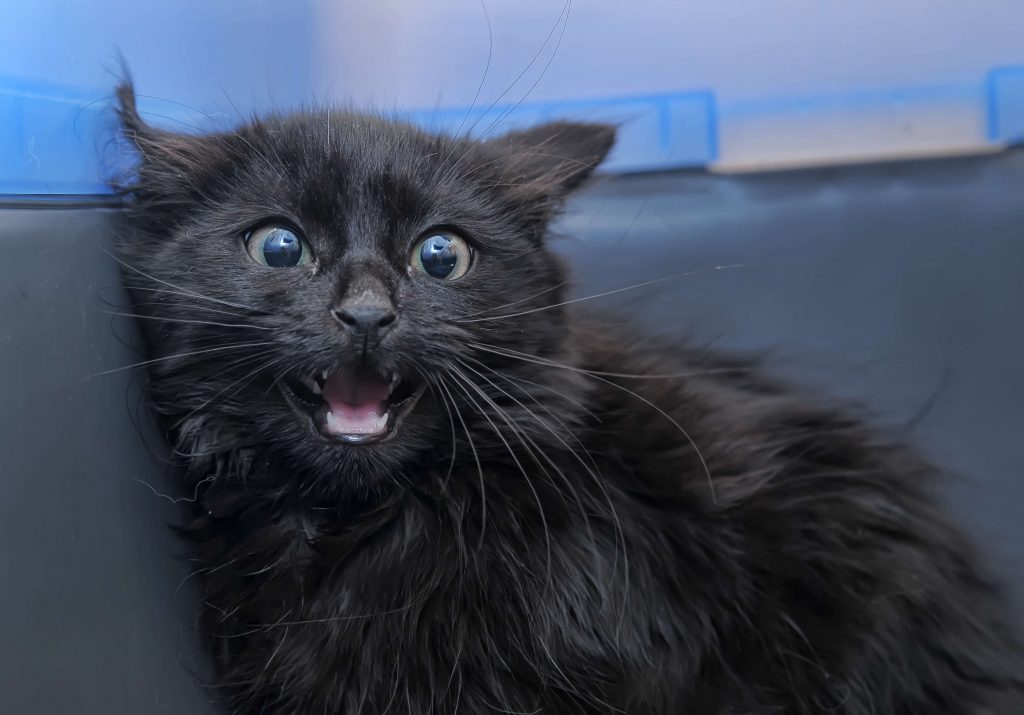
Sometimes it’s very difficult to remove a cat’s fears. This behaviour can be puzzling.
Please don’t take it personally. She doesn’t really want to hurt you! Try to take away her fear with a lot of love and patience and make the relationship more harmonious for both of you.
Every cat is worth it.

